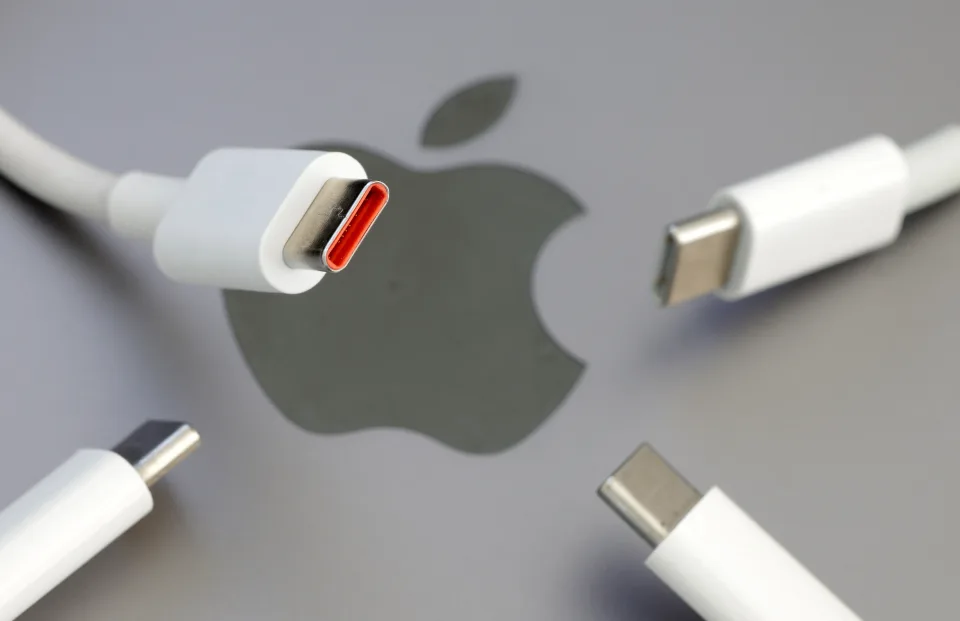Apple is reportedly urging India to postpone the enforcement of a regulation mandating all smartphones sold in the country to feature a USB-C Shift charging port. Despite Apple’s shift away from the Lightning port in its iPhone 15 lineup and other products, the Indian regulation differs from a similar one in the European Union, potentially compelling Apple to adopt a USB-C port even on older iPhone models.
While several manufacturers, including Samsung, have agreed to India’s plan for universal USB-C charging ports on smartphones by June 2025 (six months after the EU’s deadline), Apple is allegedly pushing for a delay in the rule’s implementation or, at the very least, an exemption for older iPhones.
According to Reuters, Apple executives informed Indian officials late last month that applying the rule to older iPhones would hinder the company’s ability to meet production targets outlined in India’s production-linked incentive (PLI) program. This program grants financial incentives to electronic manufacturers to encourage new investments and generate incremental phone sales each year.
Apple suppliers, including Foxconn, are reportedly leveraging a program to enhance iPhone production in India. Current estimates indicate that between 12 and 14 percent of iPhones manufactured this year will originate from India, with projections suggesting a potential increase to 25 percent next year, as noted by analyst Ming-Chi Kuo.
According to reports, Apple has communicated to officials that altering the design of earlier iPhones to incorporate a USB-C port is not feasible. The company has purportedly argued that, unless it secures an exemption for pre-iPhone 15 models, it would require an additional 18 months beyond the conclusion of next year (i.e., until mid-2026) to comply with the regulation. This timeframe is presumably intended to afford Apple sufficient time to phase out Lightning ports on older iPhones, a preference among Indian consumers due to price reductions when the company releases new models.



